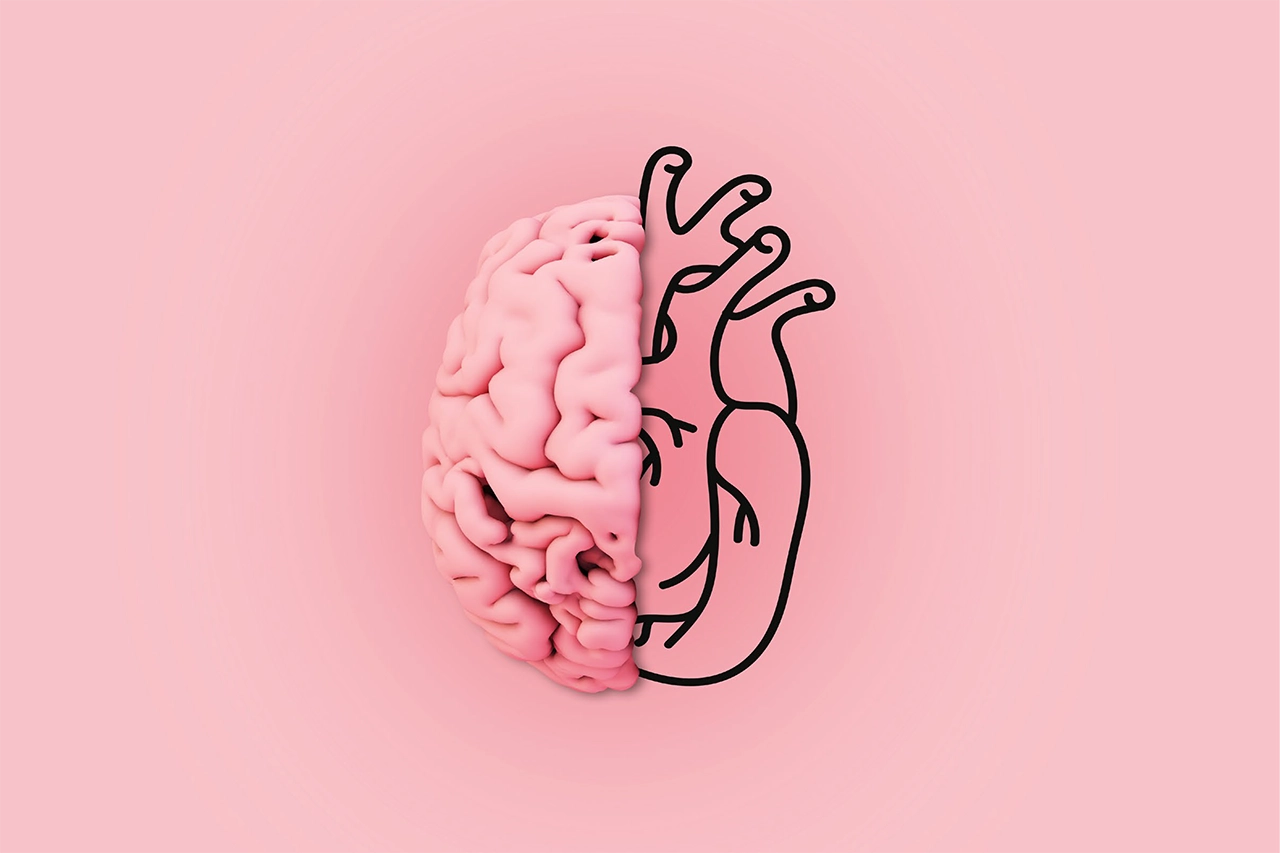The impact of cardiovascular health on mental abilities
Did you know that your brain needs 20% of all the oxygen your heart pumps through your body to function? What happens if this connection is compromised by cardiovascular disease? Science is increasingly confirming the deep connection between the heart and the brain. Risk factors such as high blood pressure, diabetes, obesity, smoking, physical inactivity and poor diet affect both organs. Patients with cardiovascular disease have a higher risk of brain damage, and therefore of cognitive impairment, including memory loss, language problems and even dementia. Heart health has a direct impact on the brain’s ability to function effectively.




